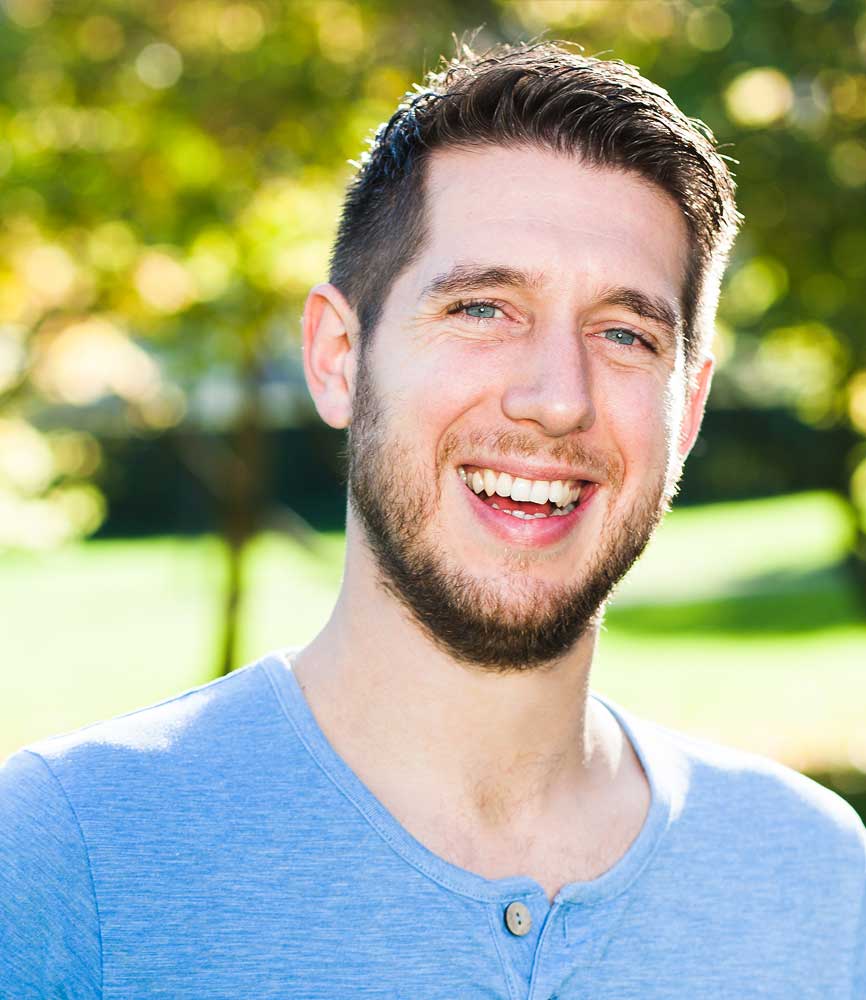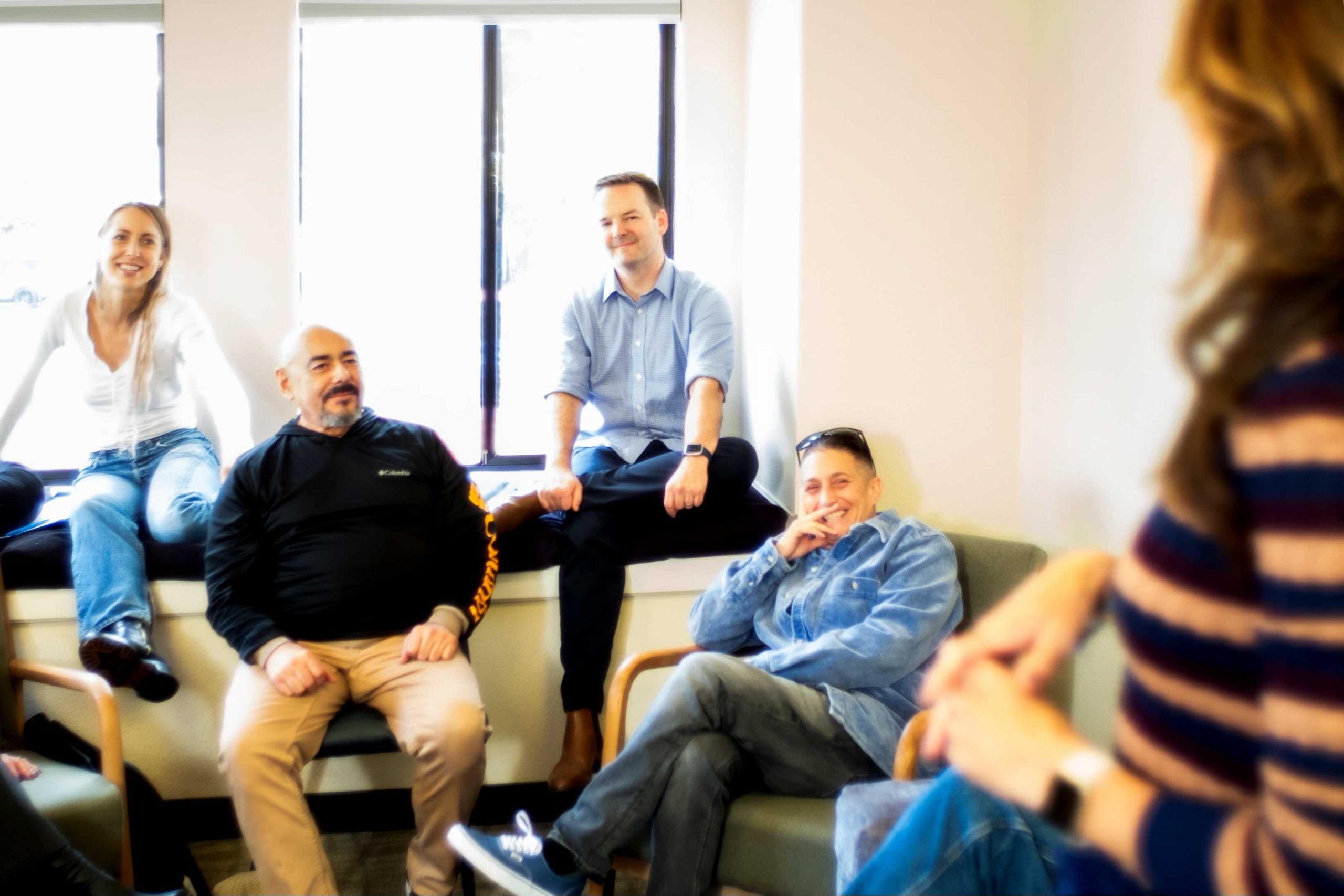Impulse Control Treatment in Marin County, CA
Impulse Control Disorders (ICDs), Disruptive, Impulse-Control, and Intermittent Explosive Disorder, involve difficulty resisting urges that can lead to harmful behaviors. These conditions can disrupt daily life, damage relationships, and contribute to emotional distress. Whether excessive gambling, compulsive shopping, or sudden aggressive outbursts, impulsive actions can feel impossible to control, often leaving individuals feeling guilty.
At Rosebay Behavioral Health, we offer specialized treatments to help individuals develop healthier coping mechanisms, strengthen self-regulation, and regain control over their actions.
Understanding Impulse Control Disorders
We’ve all been there. You see something in the store or online, and that overwhelming urge to purchase the item consumes you. You try to rationalize the purchase even though it might have negative consequences. It could be an uncontrollable compulsion to gamble, a sudden need to lash out in anger, or an irresistible drive to engage in risky behavior. All of these feelings can be associated with impulse control disorder. At first, it might bring relief or excitement, but afterward, there’s often regret, shame, or confusion about why it happened.
In today’s world, whether it’s compulsive scrolling, emotional outbursts, or reckless spending triggered by targeted ads, social media has made instant gratification the norm. If these behaviors sound familiar, you’re not alone, and the experts at Rosebay can help.
Common Types of ICDs Include:
- Intermittent Explosive Disorder (IED) – Sudden, intense outbursts of anger or aggression.
- Kleptomania – Compulsive stealing, often with no financial need or motive.
- Compulsive Gambling – Uncontrollable urges to gamble, even when facing negative consequences.
- Pyromania – An obsessive desire to set fires for emotional gratification.
- Compulsive Shopping (Oniomania) – Excessive spending beyond one’s means, often to relieve stress.
- Trichotillomania (Hair-Pulling Disorder) – Recurrent urges to pull out one’s hair, often linked to anxiety or stress.
With professional treatment, individuals can learn how to manage impulses, regulate emotions, and build healthier behavioral patterns.
Learn more about ADHD, OCD, PTSD, CPTSD, Self-Harm, and Suicidal Ideation.
Signs Someone Might Have an Impulse Control Disorder
While everyone acts on impulse occasionally, chronic difficulty in resisting harmful urges may signal an underlying disorder. Recognizing these signs can be the first step toward seeking help:- Frequent Impulsive Actions – Acting without thinking, often leading to regret.
- Inability to Resist Urges – Feeling powerless to stop certain behaviors, even when aware of consequences.
- Emotional Dysregulation – Extreme mood swings, frustration, or anxiety tied to impulsive behaviors.
- Repetitive Risk-Taking – Engaging in reckless activities, such as excessive spending or dangerous driving.
- Escalating Behaviors – A need to increase the intensity or frequency of impulsive actions to feel satisfied.
- Feelings of Guilt or Shame – Experiencing remorse or embarrassment after acting impulsively
- Social or Financial Consequences – Relationships, work, or finances suffering due to uncontrolled behaviors.

Questions? Call for a Confidential Assessment Today!

How Rosebay Treats Impulse Control Disorders
At Rosebay Behavioral Health, we use a multi-faceted approach to address the underlying causes of Disruptive, Impulse-Control Disorders, helping individuals develop healthier coping strategies and long-term behavioral stability.
Our Specialized ICD Treatment Includes:
- Cognitive Behavioral Therapy (CBT): Helps individuals recognize and reframe impulsive thought patterns.
- Dialectical Behavior Therapy (DBT): Develops emotional regulation and distress tolerance to manage urges.
- Mindfulness-Based Stress Reduction (MBSR): Teaches techniques to increase self-awareness and impulse control.
- Medication Management: When necessary, medications like SSRIs or mood stabilizers may be prescribed.
- Individual & Group Therapy: Provides a supportive space to understand triggers and build resilience.
- Behavioral Interventions: Uses structured exercises to reinforce delayed gratification and self-discipline.
- Family Therapy & Support: Educates loved ones on ICDs and fosters healthier communication.
Learn more about how CBT, DBT, and group therapies can help individuals overcome impulsive behaviors at Rosebay Behavioral Health.
Rosebay’s Expertise in Impulse Control
Rosebay Behavioral Health is committed to providing specialized treatment for individuals struggling with impulse-related disorders. Our experienced clinicians, psychiatrists, and behavioral specialists utilize evidence-based techniques to help individuals regain control and build lasting behavioral change.
For a closer look at our comprehensive mental health treatment options, visit our Treatment Programs page to explore the full range of care we offer.
What to Expect in Intermittent Explosive Disorder Treatment
We offer a range of treatment options tailored to each individual’s needs, including inpatient support, a Partial Hospitalization Program (PHP), or an Intensive Outpatient Program (IOP).
Step 1: Comprehensive Assessment
- A licensed clinician evaluates symptoms, triggers, and underlying emotional patterns.
- A personalized treatment plan is created to address specific impulsive behaviors.
Step 2: Personalized Treatment Plan
- Individual and group therapy sessions to build emotional regulation and impulse control.
- Medication management, when needed, to stabilize mood and reduce compulsive urges.
- Skills training focused on mindfulness, cognitive restructuring, and behavioral reinforcement.
Step 3: Ongoing Support & Aftercare
- Ongoing therapy to reinforce impulse management strategies.
- Step-down programs to transition back to daily life successfully.
- Peer support groups and ICD-specific resources to maintain progress.
At Rosebay, we know that change is possible with the right support and tools for self-regulation.
Frequently Asked Questions (FAQ)
What causes Impulse Control Disorders?
How does social media affect impulse control?
Can Disruptive, Impulse-Control Disorders be treated?
Yes! While ICDs don’t disappear overnight, therapy and behavioral interventions can significantly improve impulse regulation and decision-making skills.
Can medication help with impulse control issues?
In some cases, medications like selective serotonin reuptake inhibitors (SSRIs), mood stabilizers, or ADHD medications can help manage symptoms of impulse control disorders. However, medication is typically most effective when combined with therapy and behavioral interventions.
Are there specific risk factors that increase the likelihood of developing an impulse control disorder?
Impulse Control Disorders (ICDs) can arise from a combination of genetic, neurological, environmental, and psychological factors. Environmental influences, including exposure to violence, abuse, or neglect during childhood, have been linked to the development of ICDs.
How long does impulse control treatment take?
Treatment duration varies depending on the severity of the disorder, co-occurring conditions, and individual progress. Some individuals benefit from short-term therapy, while others may require long-term treatment and support to build sustainable self-regulation strategies.
Do you accept insurance?
Yes! We work with most major insurance providers. Contact us at 415-526-6360 to verify your coverage.
Chart a Course to Self-Control!
Take control of your impulses and move toward a balanced life. Call Rosebay Behavioral Health today and take the first step toward freedom from impulsive behaviors!Why Choose Rosebay Behavioral Health?
At Rosebay Behavioral Health, we provide compassionate, individualized care for those facing severe mental health challenges. Our dedicated team offers a full range of treatment options, from high-acuity inpatient care to flexible outpatient services, ensuring each client receives the support they need. We prioritize your well-being with a comprehensive, evidence-based approach, creating personalized treatment plans tailored to your unique recovery journey. Learn more about our incredible team and the people behind our programs here. Their expertise and unwavering dedication set the foundation for personalized, transformative care focused on real, sustainable recovery.
We are proud to offer:
- A Healing Environment: Our facility, located in the tranquil hilltops of Marin County, provides a peaceful and therapeutic space where everyone can focus on recovery, inspired by nature's calming presence.
- Comprehensive Care: Our holistic approach combines medical, psychological, and evidence-based treatments, ensuring everyone receives well-rounded, thorough care for lasting well-being.
- Long-term Support: With a continuum of care that includes PHP, inpatient programs, outpatient services, and wellness treatments, we’re committed to supporting people at every stage of their recovery journey. Our experienced team offers the perspective and skills needed for sustained mental health and personal growth.
Start Your Recovery With Us
If you or a loved one is seeking effective, compassionate care, reach out to us today. Our programs are designed to support individuals at every phase of recovery. And if our services aren’t the right fit, we’re here to guide you toward the best possible care for your needs.


We Work With Most Insurance Carriers
Please Call Us at 415-526-6360 for assistance with your Insurance.

